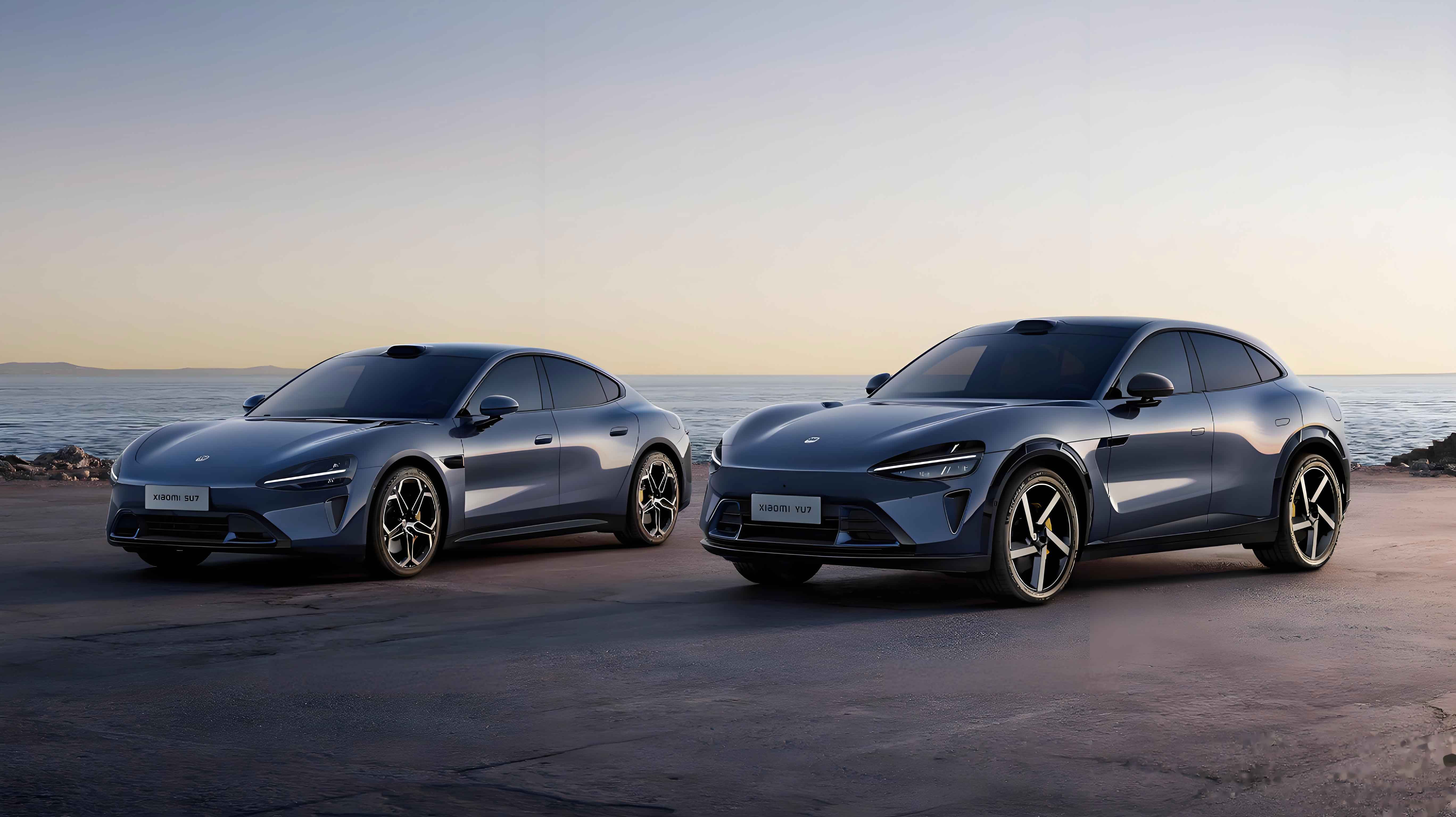In the heart of Beijing Economic-Technological Development Area, a quiet but profound revolution is underway. Inside the vast, gleaming facilities of Xiaomi’s automotive plant, the future of manufacturing is unfolding at a breathtaking pace. Every 76 seconds, a new electric vehicle rolls off the production line—a testament to the staggering efficiency and advanced intelligence driving China’s electric vehicle industry forward.

This is not science fiction. It is the new reality of smart manufacturing, where over 700 robots work in seamless coordination, performing tasks from welding and painting to final assembly with flawless precision. The scale and speed of production are redefining what is possible in the electric vehicle sector, placing Beijing at the forefront of a global transformation.
The integration of artificial intelligence and robotics has enabled near-total automation. In the casting workshop, a giant 9,100-ton die-casting machine—one of the largest of its kind—operates alongside a cluster of auxiliary equipment. What once required multiple stages and dozens of individual parts now takes just 100 seconds: 72 separate components are fused into a single piece, slashing production time by 74%. This breakthrough in integrated mega-casting is more than an engineering feat; it is a fundamental shift in how electric vehicles are built.
But the innovation does not stop there. Xiaomi’s self-developed “X-Eye” inspection system uses AI-powered vision to perform quality checks with an accuracy exceeding 99.9%. Like an X-ray scanning for imperfections, the system ensures that every vehicle meets rigorous standards without human intervention. This level of quality control is essential in an industry where reliability and safety are paramount.
Beyond the factory floor, the commitment to sustainability is equally impressive. Rooftop solar panels sprawl across 80,000 square meters, generating approximately 16.4 million kWh of electricity annually and reducing carbon emissions by nearly 9,905 tons. The facility operates its own energy management system, optimising power consumption and minimising waste through smart recycling and treatment processes. This green manufacturing ethos is central to the identity of the modern electric vehicle industry.
Lei Jun, Founder, Chairman, and CEO of Xiaomi Group, reflects on the journey: “The past five years have been critical. We have achieved a full ecosystem integration—connecting people, cars, and smart devices—and made breakthroughs from zero to one in areas like electric vehicles, chips, and intelligent manufacturing. Our philosophy remains rooted in technology and high-end innovation.”
The Xiaomi plant has quickly become a symbol of Beijing’s technological ambition—a magnet for visitors and industry experts alike. Since opening in March 2024, it has welcomed 93,000 guests, all eager to witness the birth of each new electric vehicle.
This factory is just one node in a much larger network. Beijing is emerging as a powerhouse in the electric vehicle landscape, backed by strong policy support and strategic vision. In 2024, China produced and sold nearly 12.9 million new energy vehicles, maintaining its position as the world’s largest market for the tenth consecutive year. Beijing itself saw electric vehicle production surge by 2.8 times, with retail sales growing at a double-digit rate. Electric vehicles now account for over 30% of all automotive sales in the city.
These achievements are no accident. They are the result of deliberate planning and investment. Beijing was among the first pilot cities for intelligent connected vehicle policies, enabling both road access and integrated vehicle-infrastructure-cloud applications. The city has built a high-level autonomous driving demonstration zone, equipped with smart roadside infrastructure across 600 square kilometers. In a landmark move, the Beijing Municipal Regulation on Autonomous Vehicles became the first provincial-level legislation of its kind, providing a legal framework for innovation and commercial deployment.
The city’s strategy is encapsulated in what officials call the “123368 Beijing Model.” This framework outlines key pillars of development: automotive as the top manufacturing sector, with output exceeding ¥440 billion in 2024; dual national pilot programs for smart and connected electric vehicles; the construction of the Jing-Jin-Ji (Beijing-Tianjin-Hebei) New Energy Vehicle Eco-Valley; three national-level innovation centers for intelligent networking, new energy vehicles, and power batteries; six major vehicle production bases across the municipality; and eight OEMs—including Beijing Benz, Xiaomi, and Li Auto—producing 1.145 million vehicles in 2024, 294,000 of which were electric vehicles.
This holistic approach has not only accelerated the adoption of electric vehicles but also fostered a rich innovation ecosystem. Beijing is home to 92 universities, over 1,000 research institutes, and 32 institutions with automotive engineering programs. Some 160,000 professionals are employed in intelligent connected vehicle sectors, ensuring a steady pipeline of talent and ideas.
What unfolds in Beijing reflects a broader shift in global manufacturing—a move toward smarter, cleaner, and more connected electric vehicles. The city’s progress illustrates how policy, technology, and market forces can align to create an environment where innovation thrives.
As the sun sets over the photovoltaic-paneled roofs of the Xiaomi factory, the assembly lines continue to hum. Every 76 seconds, another electric vehicle begins its journey—a symbol of speed, intelligence, and sustainability. In Beijing, the future of the electric vehicle is already on the road.
